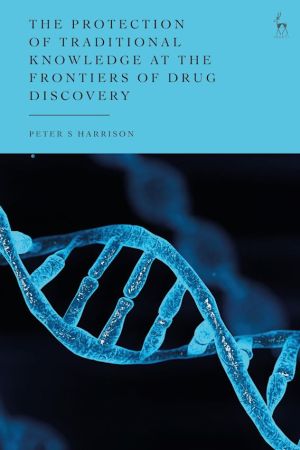
This book concerns the often fractious interface between drug discovery and commercialisation, environmental degradation, the biodiversity crisis, the exploitation of indigenous peoples and the destruction of their culture, the right to health, inequalities of power, and the ability of the law to protect knowledge.
For millennia, medicinal plants have provided a trove of treatments for human ailments, and the key to that treasure has been the traditional knowledge of the indigenous peoples who have lived alongside these plants. More recently that knowledge has been taken, often without consent or recompense, by Western science as a springboard for the development of pharmaceutical agents. As a response to threats to biodiversity and indigenous culture, international mechanisms have created, or are creating, enforceable rights for indigenous peoples to control such knowledge.
With a background in pharmacology and molecular biology and significant experience as a lawyer in pharmaceutical and biotech patent litigation, the author brings a fresh perspective to understanding the difficulties of enforcing such rights and, in particular, examines whether there is a philosophically justifiable limit to the downstream scope of such rights.
This book is aimed at all those with an interest in the control of indigenous genetic knowledge and the protection of indigenous culture, whether academics, anthropologists or pharmaceutical researchers, and those seeking to make indigenous rights work, as activists, legislators or practising lawyers.